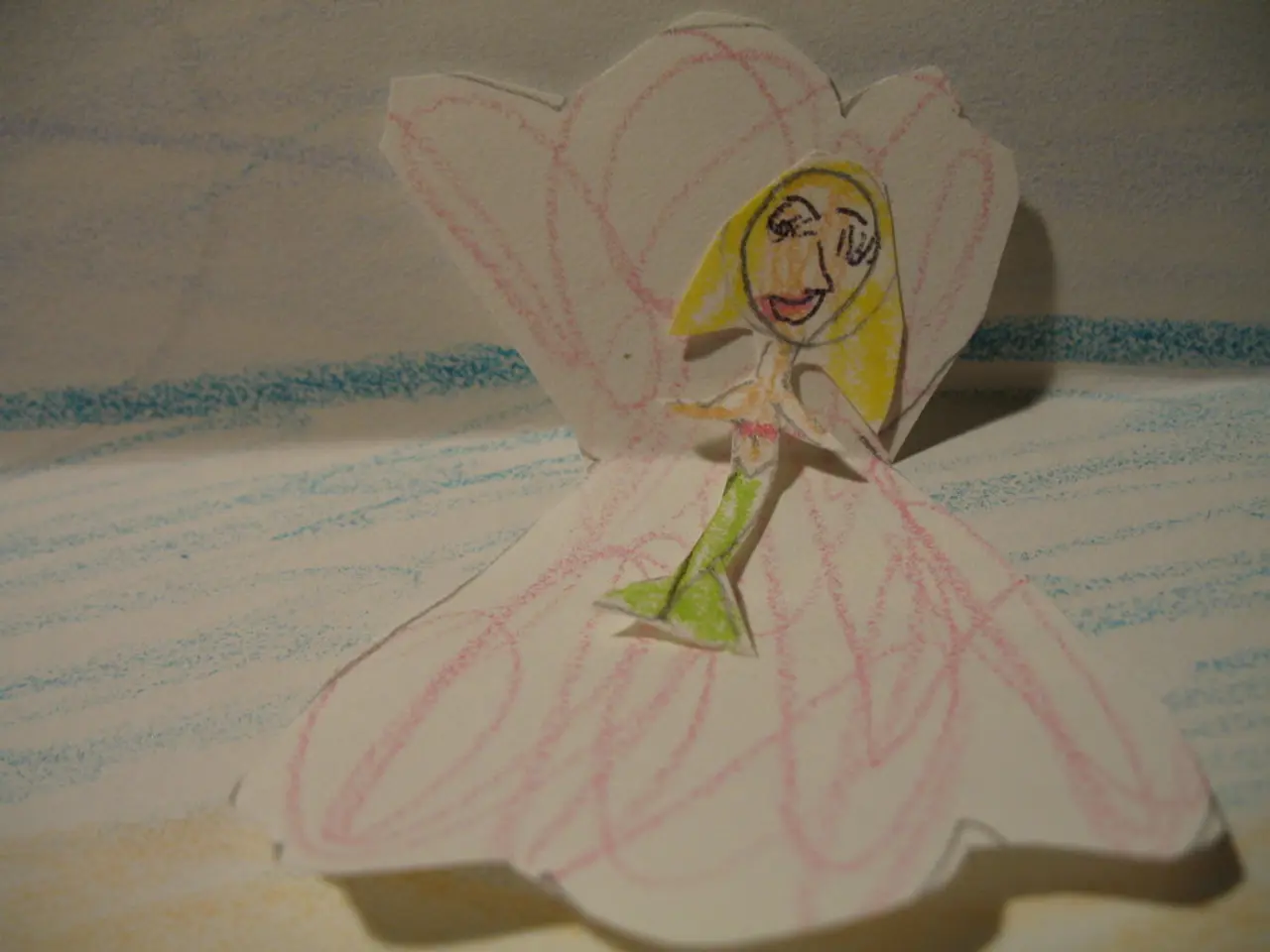Art Created by AI: A Surge or a Decline for Human Innovation?
In a rapidly evolving digital landscape, the use of generative AI in art is revolutionizing and democratizing creative industries. On March 21, 2023, the Center for Data Innovation will host a timely discussion to explore this topic, bringing together experts from various fields to delve into the implications of AI-generated art on human creativity.
The discussion, scheduled for 11:00 AM to 12:00 PM (EDT) and 4:00 PM to 5:00 PM CET, will be moderated by Patrick Grady, Policy Analyst at the Center for Data Innovation. Speakers will include Brigitte Vézina, Director of Policy at Creative Commons, Ahmed Elgammal, Professor at Rutgers University, Marian Mazzone, Associate Professor at the College of Charleston, and Irene Solaiman, Director of Policy at Hugging Face.
The panel will address whether generative AI represents a boom or bust for human creativity. While AI art can produce technically proficient, novel works that challenge traditional notions of originality and authorship, concerns about it challenging human creativity are partly justified but need nuanced understanding. AI art may indeed generate images much faster, but human creativity remains distinct in its emotional depth, cultural significance, and narrative richness, elements that AI currently cannot fully replicate.
Studies show that while people acknowledge the skill in AI-generated art, they tend to value human-made art significantly higher in creativity, labor, and monetary worth, especially when directly compared. This suggests that human creativity and the effort behind it continue to enjoy cultural and economic privilege, underscoring the importance of preserving human artistic agency.
Regarding policy interventions to protect content creators, the evolving landscape calls for thoughtful measures. These include clear legal frameworks on authorship and ownership, regulations requiring transparency in labeling AI-generated content, support for artists through grants, education, and access to AI tools as creative partners, and copyright and intellectual property reforms that balance innovation with protection against unauthorized use of original human-created art as AI training data.
The discussion will also consider whether the criticisms have merit or represent a moral panic over technology. Some people fear that generative AI challenges the idea of human creativity and disincentivizes artists, while others argue that it offers new opportunities for artistic expression. The panel will delve into these perspectives, aiming to foster a nuanced understanding of the role of AI in the art world.
Moreover, this shift in art production may lead to a new wave of digital art requiring creators to develop new skill sets. As AI tools become more accessible and versatile, artists will need to adapt and learn how to leverage these tools without losing their creative identity.
Join the Center for Data Innovation on March 21, 2023, for a thought-provoking discussion on the intersection of AI and art. The event promises to provide valuable insights into the future of creativity in the digital age.
- The discussion, moderated by Patrick Grady, will delve into the implications of AI-generated art on human creativity, including the use of artificial intelligence and technology in this context.
- Studies have shown that people tend to value human-made art significantly higher in creativity, labor, and monetary worth compared to AI-generated art, indicating a continued cultural and economic privilege of human artistic agency.
- To protect content creators in this evolving landscape, policy interventions, such as clear legal frameworks on authorship and ownership, transparent labeling of AI-generated content, and support for artists through grants, education, and access to AI tools as creative partners, are proposed.




